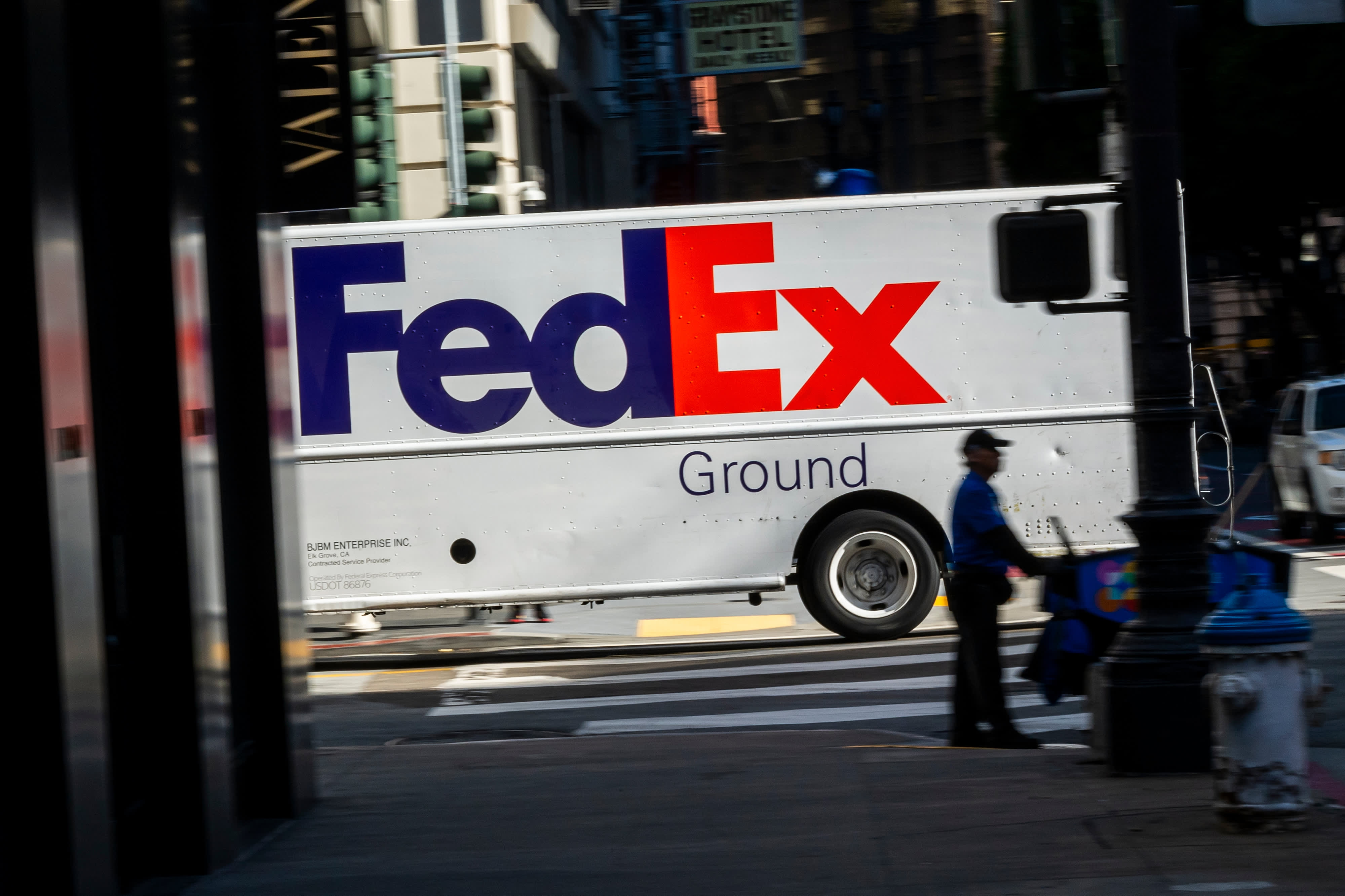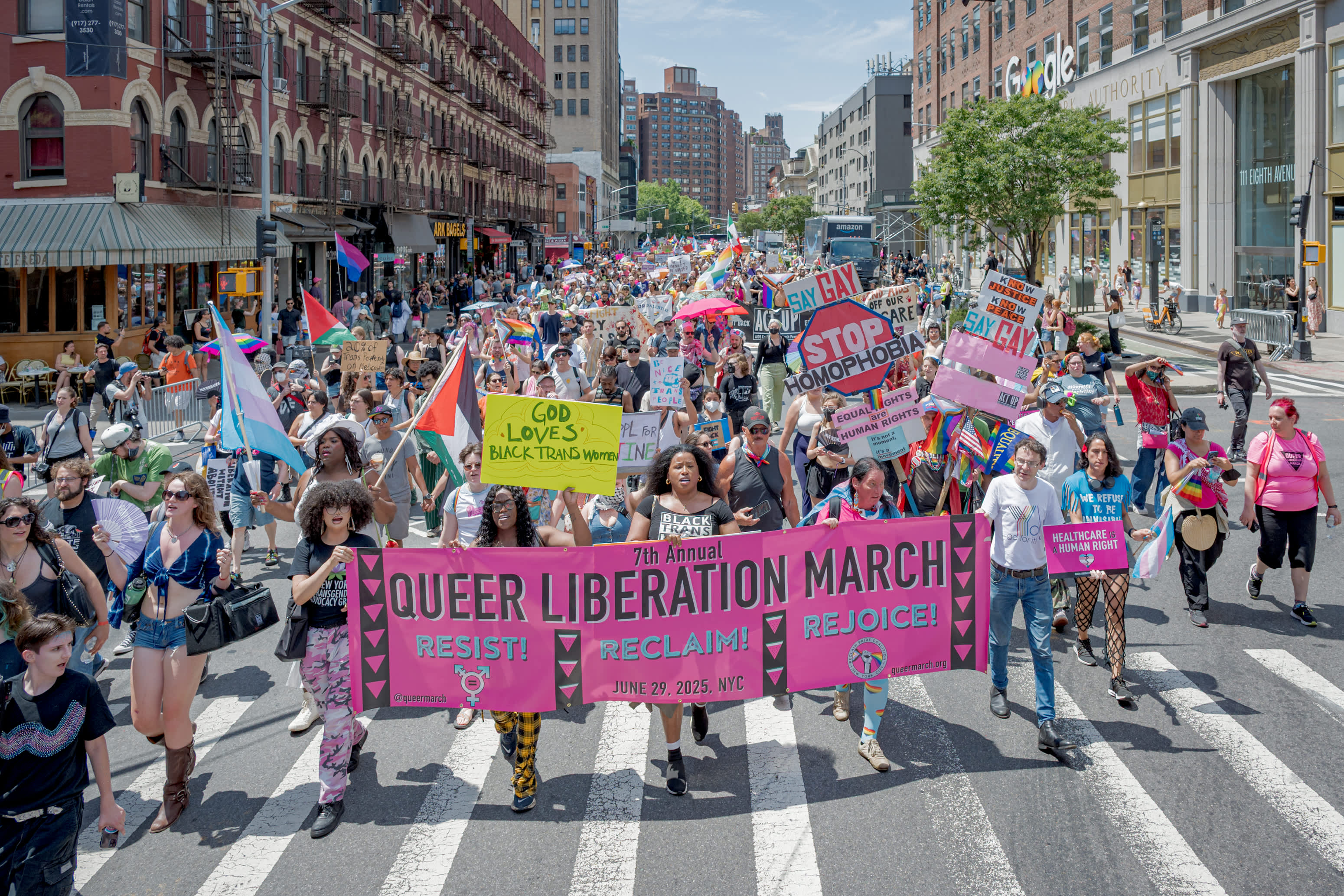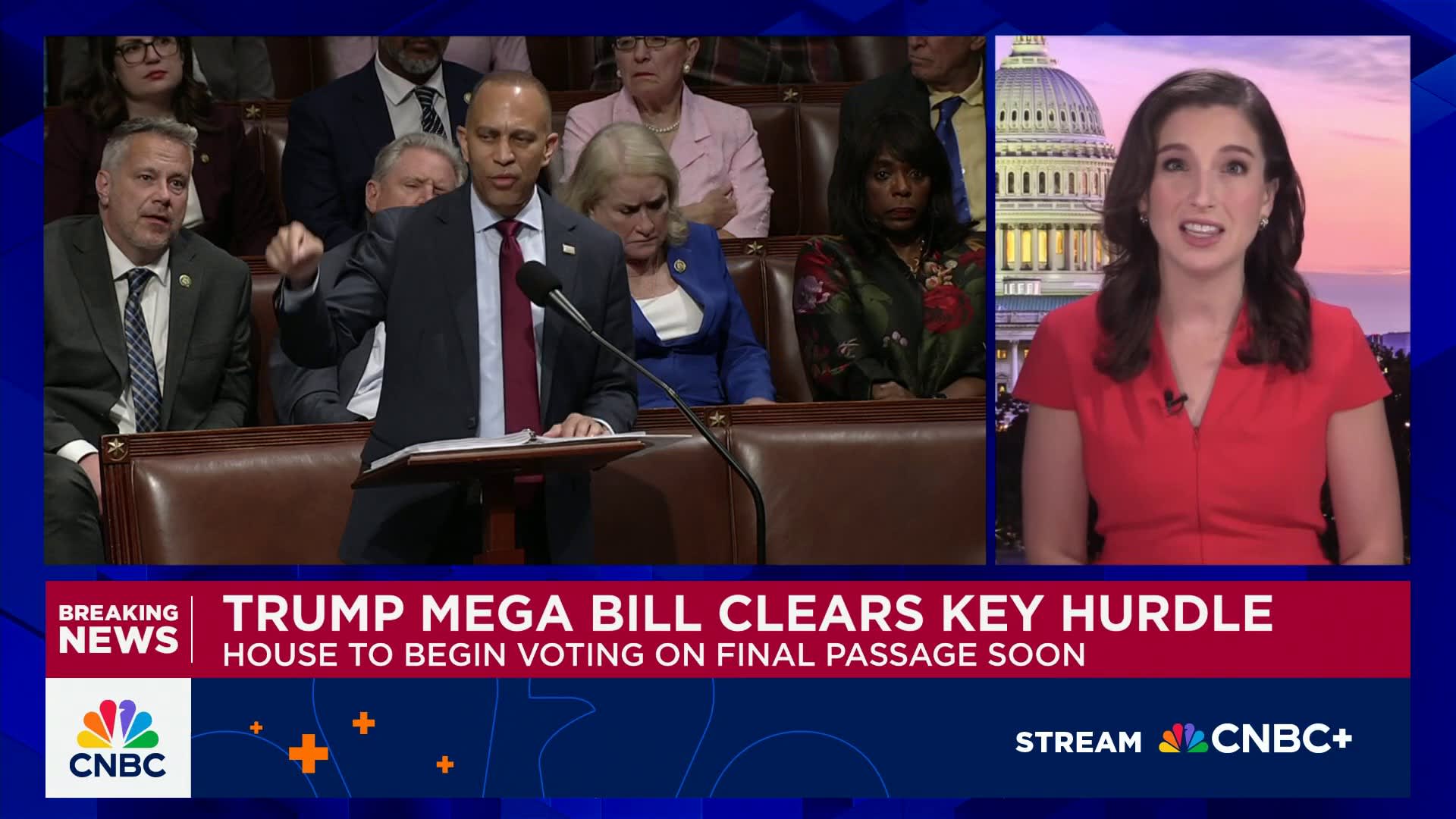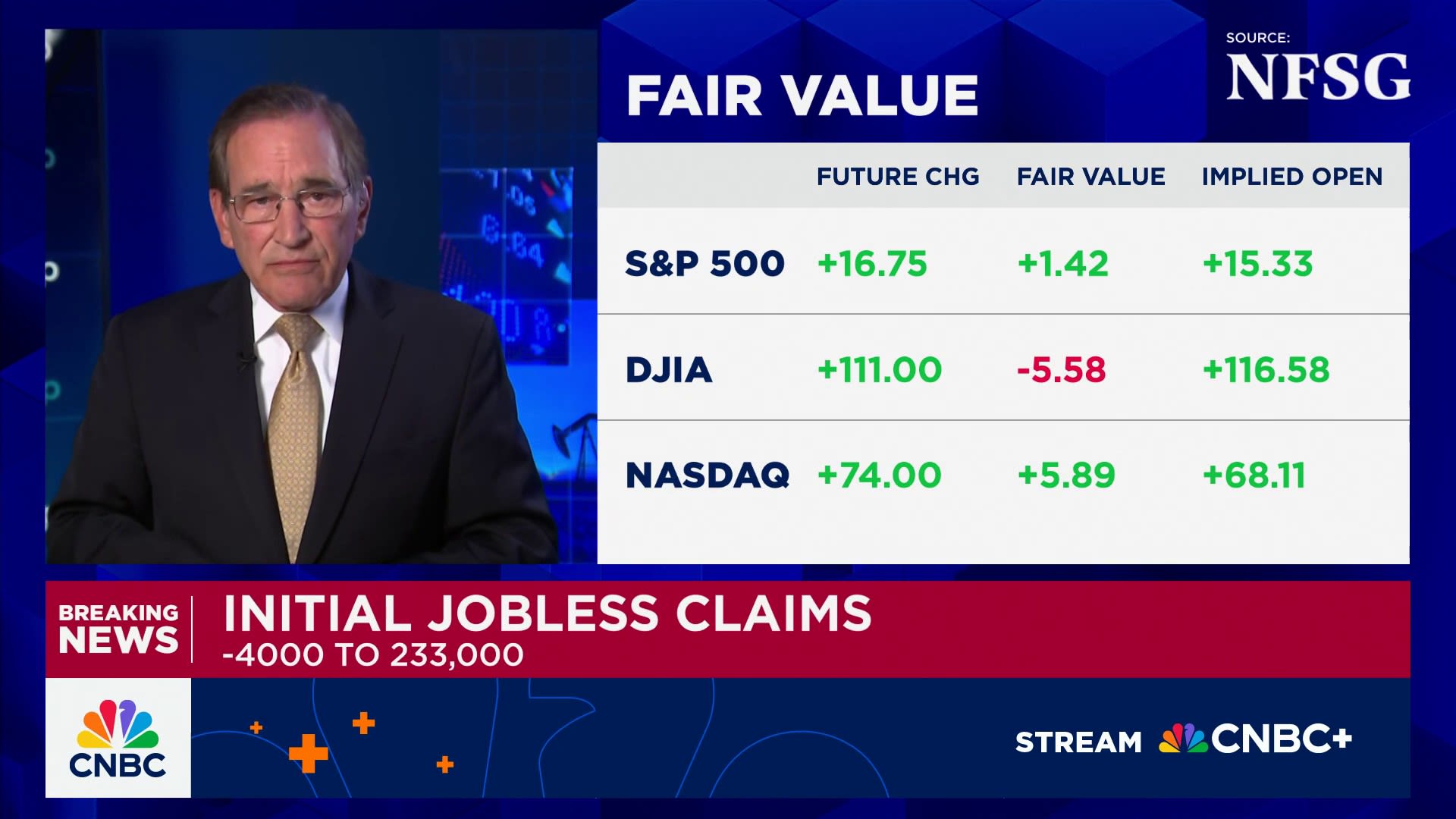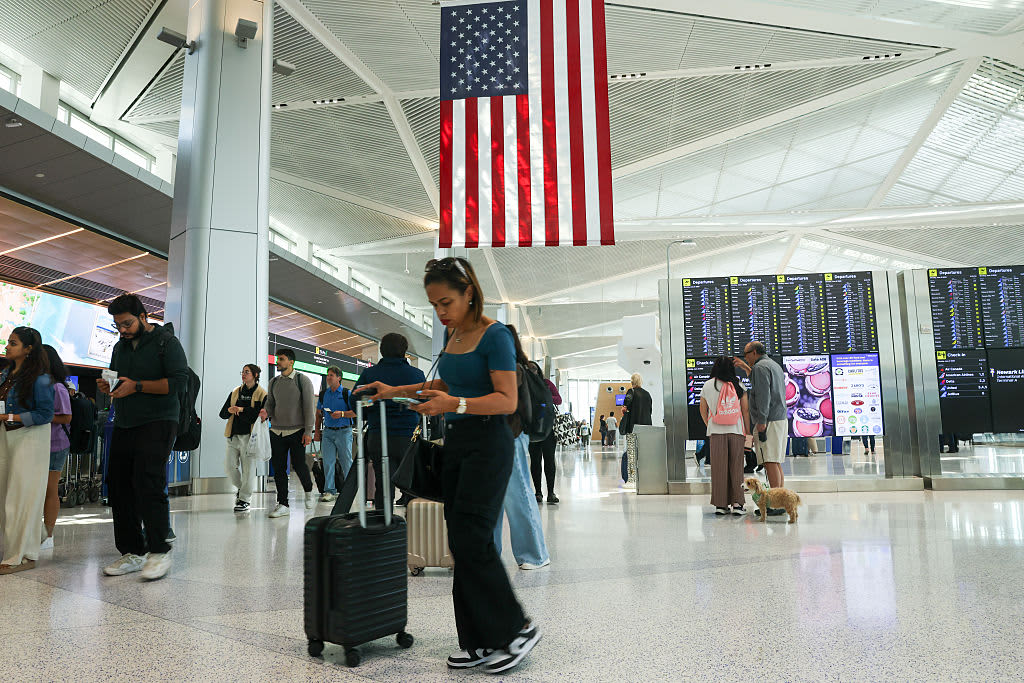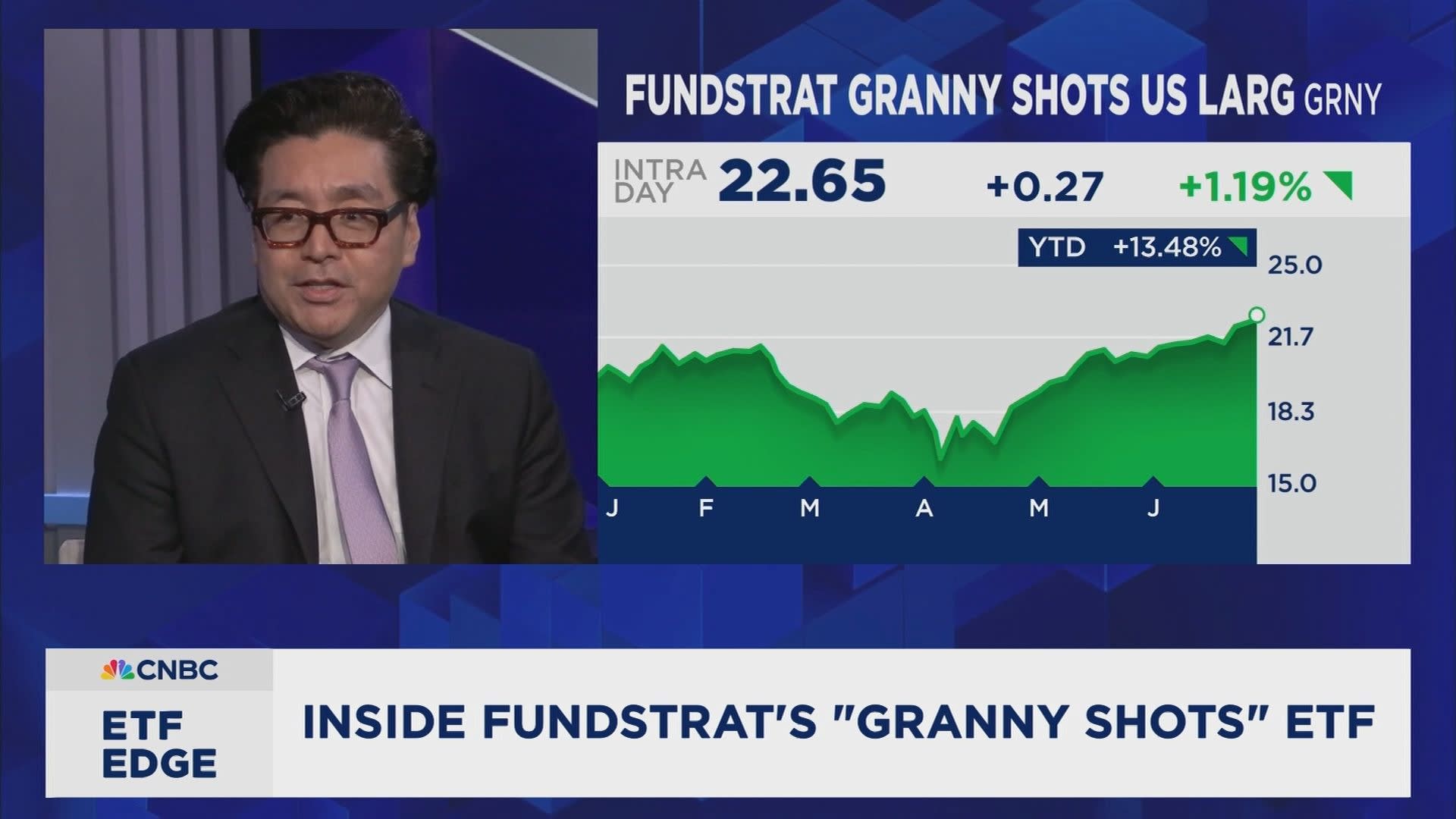Close-up of ‘Shop Canadian’ poster displayed in a local storefront in Edmonton, Alberta, Canada, on April 4, 2025.
Artur Widak | Nurphoto | Getty Images
Just across the U.S.-Canada border, some small businesses are taking tariffs personally.
President Donald Trump has said his wide-sweeping tariffs, even on some of the country’s closest trade partners, will rebalance international trade and bring manufacturing back stateside. But for the U.S.’s northern neighbors, tariffs may mean an erosion of trust.
The country’s trade relationship with Canada has historically been integral to both national economies. In 2024, the trade of goods between both nations totaled $762.1 billion. According to the Office of the United States Trade Representative, Canada exported over three-quarters of its goods to the U.S. last year, and U.S. imports accounted for almost half of all goods it brought in.
Starting in March, however, the Trump administration implemented a 10% tariff on Canadian energy and 25% tariffs on other imports from Canada and Mexico, a levy he’d promised on Inauguration Day. But he exempted many imports covered under the United States-Mexico-Canada agreement.
Trump also put a 25% tariff on vehicles not assembled in the U.S. that took effect earlier this month, a move that affects both Mexico and Canada, two major auto production hubs. In addition, a 25% tariff on auto parts is set to take effect next month.
Canada has responded with its own retaliatory tariffs, but national pride has sparked another kind of resistance.
Balzac’s Coffee Roasters highlights Canadian patriotism on its cafe menus.
Matthew Mikrut | CNBC
Balzac’s Coffee Roasters, a chain of cafes across Ontario and Toronto, has responded to trade tensions with a renamed menu item: the Americano — a commonplace espresso drink — is now a maple leaf-marked “Canadiano.”
Your Independent Grocers, a chain of independently owned supermarkets under the Canadian-traded Loblaw Companies, uses its own maple leaf badge to indicate products “prepared in Canada.” The grocer also indicates tariff-impacted items with a “T” logo in stores and online.
Aisles at Your Independent Grocer in Niagara-on-the-Lake in Canada.
Cameron Costa | CNBC
Corinne Pohlmann is the executive vice president of advocacy at the Canadian Federation of Independent Business, of CFIB, which represents over 100,000 small businesses across 12 of Canada’s 13 territories and provinces.
About half of CFIB members are directly involved in either importing or exporting from the U.S., according to the organization’s December 2024 survey. That metric does not include reliance on suppliers and customers who are also trading with the U.S.
More than a quarter of CFIB members surveyed in late March reported seeing stronger demand for Canadian-owned products. More than half of the surveyed businesses agreed that the U.S. is not a reliable trading partner.
The trade tensions have extended to some long-standing relationships between U.S. and Canadian small businesses, she said, as entrepreneurs decide which side of the border will absorb the costs of new tariffs. Pohlmann recalled some CFIB members asking for guidance on how to renegotiate contracts with partners to the south.
Pohlmann said the tariffs are causing emotional distress, in addition to cost increases.
“For a lot of Canadians, it felt like a betrayal,” Pohlmann said.
The Liquor Control Board of Ontario halted its purchases of U.S. products starting on March 4. The LCBO retail store in Niagara-on-the-Lake displays signage that reads, “For the good of Ontario, for the good of Canada,” explaining the disappearance of U.S.-made products like California wines and Tito’s Vodka.
A worker removes bottles of American-made wine from a shelf at the Liquor Control Board of Ontario (LCBO) Queen’s Quay store in Toronto, Ontario, Canada, on Tuesday, March 4, 2025.
Christopher Katsarov Luna | Bloomberg | Getty Images
It’s not always clear cut, though.
A representative for LCBO press clarified via email to CNBC that any product made in Canada, like locally produced Coors Light beer, is OK to grace shelves, regardless of the company’s ownership.
Molson Coors has production facilities in both Canada and the U.S.
“While we are a global business, our beers and beverages are generally made in the markets in which they are sold,” said Molson Coors Senior Director of Communications Rachel Gellman Johnson.
Tariffs are typically a tool of “hard power,” prompting geopolitical change by coercion. The U.S.’s long-standing relationships with trading partners like Canada, Mexico and Japan have bolstered the country’s influence on the global stage.
Beyond the numbers, it’s U.S. influence, or so-called “soft power,” that may take a hit.
Former Secretary of State Antony Blinken told CNBC’s Andrew Ross Sorkin this month that a hit to the country’s soft power is his biggest fear in today’s environment.
“The idea that we would not only see China try to develop more soft power, but that we would cede our own…not good for the country, not good for our interests,” Blinken said.
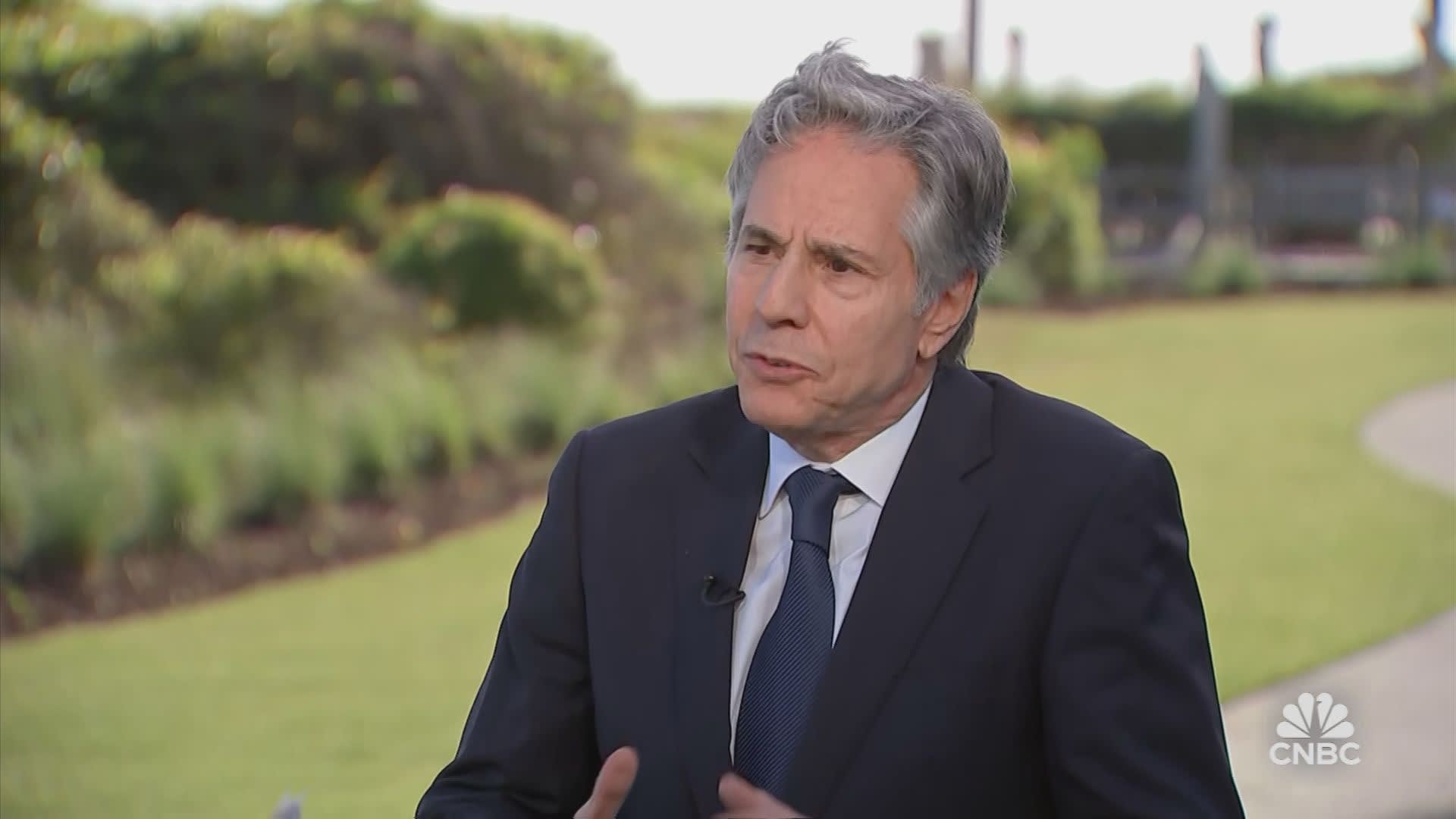
Even if President Trump lessens tariffs, Canadian businesses may be hesitant to rebuild trading relationships with U.S. partners. CFIB’s Pohlmann pointed to lost contracts and eroded trust.
“While we’d welcome a permanent reprieve from tariffs, the trading relationship between Canada and the United States has been fractured and may never be the same again,” Pohlmann said.

